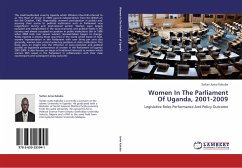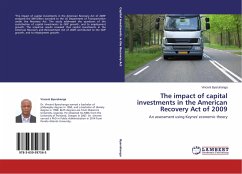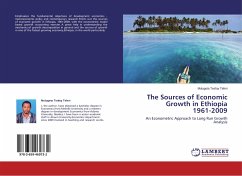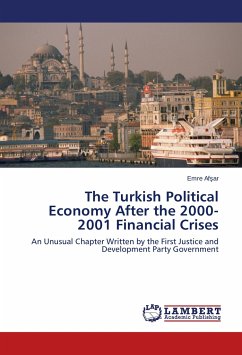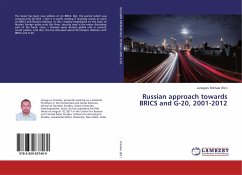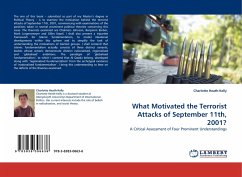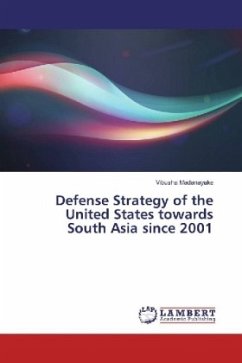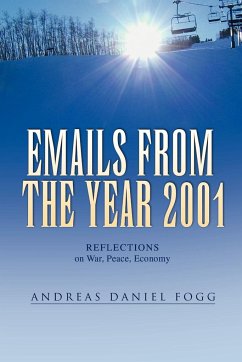This small landlocked country Uganda which Winston Churchill referred to as The Pearl of Africa" in 1909, gained independence from the British on the 9th October, 1962. Regrettably, women's participation in politics and securing their access to political institutions such as Parliament was insignificant during and post-colonial period. Women were largely excluded and marginalised in the socio-economic and political fields in the country and almost occupied no position in public institutions. But in 1986 when NRM took over power women representation begun to change. Today Uganda is among those countries in the world which boast of high women representation in the Parliament with over thirty per cent and generally, women now control some key positions in state institutions. This book gives an insight into the influence of socio-economic and political profiles on legislative performance of women in the Parliament of Uganda 2001-2009. It also focuses on issues of traditional interests to women which women MPs raised in the Parliament in collaboration with their male counterparts and subsequent policy outcome

